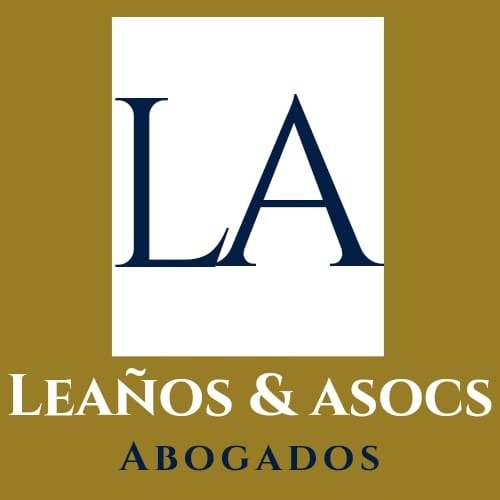Best Bankruptcy Lawyers in Santa Cruz
Share your needs with us, get contacted by law firms.
Free. Takes 2 min.
List of the best lawyers in Santa Cruz, Bolivia
About Bankruptcy Law in Santa Cruz, Bolivia
In Bolivia, bankruptcy is legally referred to as 'Concurso de Credores'. If a debtor cannot meet their financial obligations, under Bolivian law, the debtor can voluntarily apply for bankruptcy, or a creditor may file to have the debtor declared bankrupt. The law stipulates, for both individuals and companies, the conditions under which bankruptcy can be declared and the proceedings consequently initiated.
Why You May Need a Lawyer
Bankruptcy law is complicated and the process of declaring bankruptcy involves several detailed stages, including the evaluation of financial status, organizing and submitting required documentation and negotiating with creditors. A lawyer can guide you through this arduous process making it less complicated and ensuring your rights and interests are protected. Furthermore, they are trained to explore different options available to help manage your debt efficiently.
Local Laws Overview
In Santa Cruz, Bolivia, bankruptcy proceedings are directed by the National Commercial Registry in line with the Bolivian Code of Commerce. Once bankruptcy is declared, all debtor's assets are inventoried for evaluation. Subsequently, these assets are sold and the money is used to cater to all creditors' claims. The debtor's ability to run their business operations during the process is subject to the discretion of the court. Moreover, prevention of preferential payments is a key aspect of Bolivian bankruptcy law. This is to ensure an equitable distribution of available resources.
Frequently Asked Questions
1. What is the role of a trustee in bankruptcy proceedings?
A trustee is appointed to oversee the whole bankruptcy proceeding. They will take charge of the debtor's assets, sell them, and distribute the proceeds to the creditors according to the priorities set by law.
2. Are all debts included in the declaration of bankruptcy?
While most debts are included, not all will be. Debts such as alimony, child support, and certain types of taxes cannot be discharged through bankruptcy.
3. Can creditors still pursue collection activities during bankruptcy?
No, once bankruptcy has been declared, an automatic 'stay' is put in place prohibiting creditors from attempting to collect debts.
4. Can I protect my assets in bankruptcy?
Bolivian law acknowledges certain exemptions but the protection of assets depends on multiple factors, including the type of asset and the type of bankruptcy. An attorney can guide you on how best to protect your assets.
5. How does bankruptcy affect my credit?
Bankruptcy will negatively impact your credit score. However, it provides you with a fresh start towards rebuilding your financial status with time.
Additional Resources
For individuals facing bankruptcy and in need of legal resources, the following may be useful:
- The Bolivian Ministry of Justice and Institutional Transparency is a government body that provides an overview of the bankruptcy proceedings.
- Legal Information Institute provides legal context and information about bankruptcy law in Bolivia.
Next Steps
If you need legal assistance, the first step is to consult with a legal expert who has experience in bankruptcy law in Santa Cruz. They will help you understand your financial situation and discuss the best possible options you have to proceed. It is important to discuss all potential implications, such as impact to credit score and future borrowing capabilities. It's never too late to seek legal advice when it comes to bankruptcy. Reach out today to get personalized and professional assistance.
Lawzana helps you find the best lawyers and law firms in Santa Cruz through a curated and pre-screened list of qualified legal professionals. Our platform offers rankings and detailed profiles of attorneys and law firms, allowing you to compare based on practice areas, including Bankruptcy, experience, and client feedback.
Each profile includes a description of the firm's areas of practice, client reviews, team members and partners, year of establishment, spoken languages, office locations, contact information, social media presence, and any published articles or resources. Most firms on our platform speak English and are experienced in both local and international legal matters.
Get a quote from top-rated law firms in Santa Cruz, Bolivia — quickly, securely, and without unnecessary hassle.
Disclaimer:
The information provided on this page is for general informational purposes only and does not constitute legal advice. While we strive to ensure the accuracy and relevance of the content, legal information may change over time, and interpretations of the law can vary. You should always consult with a qualified legal professional for advice specific to your situation.
We disclaim all liability for actions taken or not taken based on the content of this page. If you believe any information is incorrect or outdated, please contact us, and we will review and update it where appropriate.








